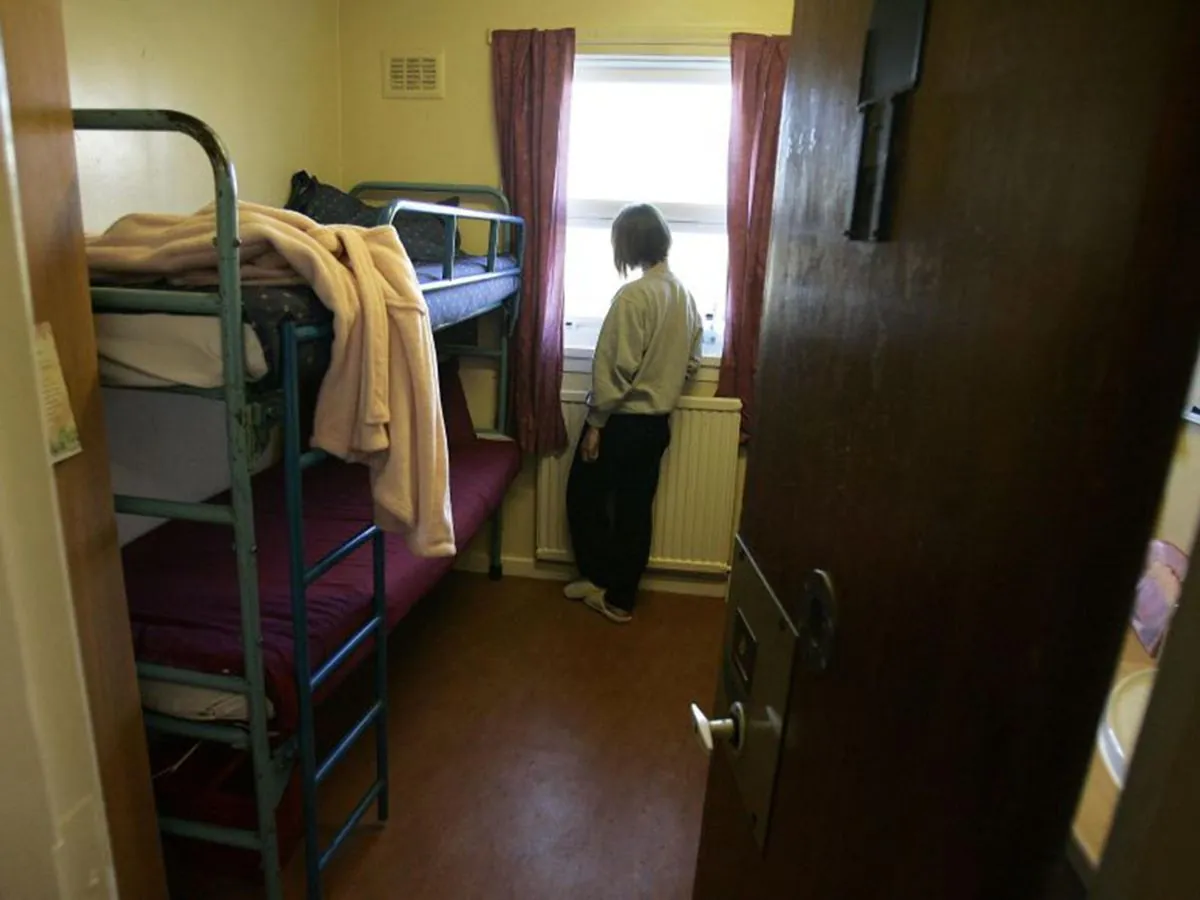UK Prison Crisis: Early Release Scheme Falls Short Amid Rising Inmate Numbers
UK's early release program may only provide 9 months of relief for overcrowded prisons. Recent riots, increased arrests, and high recall rates contribute to the ongoing capacity crisis.

The UK's prison system is facing a severe capacity crisis, with the recently implemented early release scheme falling short of expectations. Initially hoped to provide 18 months of relief, the program may only buy nine months before jails reach capacity again.
Sir Keir Starmer's early release initiative, which began on September 10, 2024, has already freed 1,750 prisoners. However, the effectiveness of this measure has been compromised by recent events and ongoing systemic issues.

A senior justice source revealed, "The early release scheme is only going to buy us nine months. There is a recognition that the period has been shortened by what has happened around the disorder." This statement refers to the riots that occurred in August 2024, resulting in nearly 1,300 arrests and over 800 charges.
The UK prison system, which has seen its population more than double since the 1990s, is grappling with multiple factors contributing to overcrowding:
- Increased police numbers (20,000 additional officers)
- Longer sentences for certain crimes
- Higher rates of prisoner recalls
Tom Wheatley, president of the Prison Governors' Association, confirmed the assessment, stating, "We are back on the ramp up to where we were. We reckon it [the early release scheme] has bought us less than a year."
The issue of prisoner recalls is particularly concerning. Approximately 13% of the total prison population consists of offenders who have been returned to jail for breaching probation or reoffending. This trend has been exacerbated by a more risk-averse approach from probation officers following high-profile incidents.
Another significant challenge is the high number of remand prisoners. As of June 2024, a record 17,070 individuals were held on remand, representing one-fifth of the entire prison population. Of these, 11,027 have not yet been brought to trial.
To address these issues, the government is exploring options to reduce the remand population and enhance rehabilitation efforts. Potential measures include:
- Fast-tracking court cases
- Increasing bail with secure accommodation or electronic tagging
- Ramping up education and vocational training programs, which have shown to reduce reoffending rates
A Ministry of Justice spokesperson acknowledged the severity of the situation: "The new Government inherited prisons on the point of collapse. This is a short-term measure to address the immediate crisis but is only the first step to rebuild our justice system, which must include building new prisons and reducing reoffending."
As the UK grapples with this ongoing crisis, it's worth noting that the average cost per prisoner per year is approximately £40,000. With recidivism rates around 50% within one year of release for adult offenders, the need for effective rehabilitation and reintegration programs has never been more critical.
[[Ministry of Justice Spokesperson]]
"This is a short-term measure to address the immediate crisis but is only the first step to rebuild our justice system, which must include building new prisons and reducing reoffending."
The government plans to add 3,500 new prison places by the end of 2025, bringing the total capacity to just over 92,000. However, with the current trends, it remains to be seen if this expansion will be sufficient to address the long-term challenges facing the UK's prison system.


































